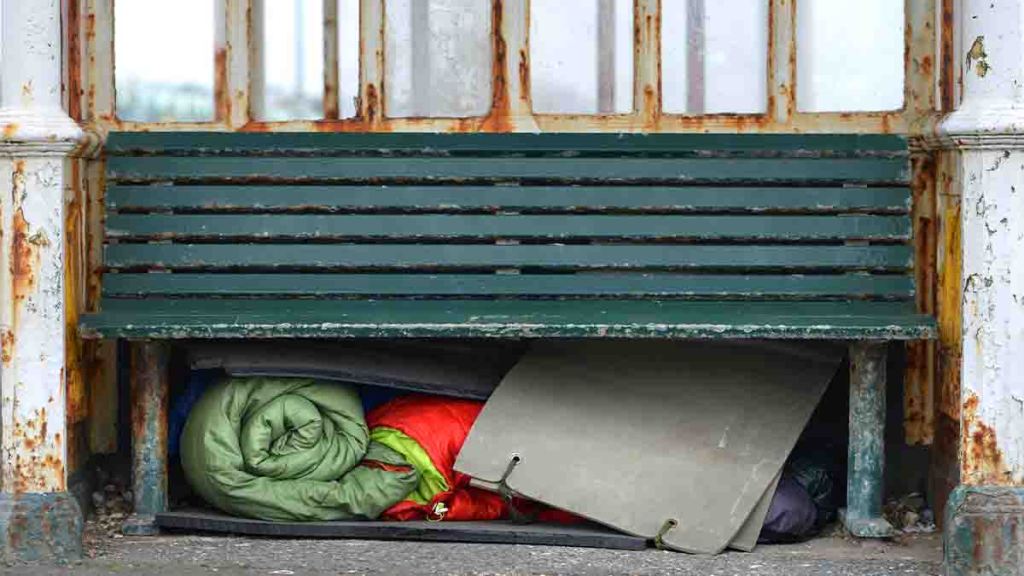The U.S. Supreme Court on Friday ruled that U.S. cities have the authority to ban homeless people from sleeping outside, in a case brought against a city in Oregon that sought protection for homeless residents under the Eighth Amendment to the U.S. Constitution.
Challengers to the position of Grants Pass, Oregon, argued that the amendment — which prohibits authorities from inflicting “cruel and unusual” punishments — applies to unhoused individuals and protects them from municipal ordinances against encampments on public property. But the court instead found that the Eighth Amendment does not guarantee protections for unhoused people.
“The Cruel and Unusual Punishments Clause focuses on the question what ‘method or kind of punishment’ a government may impose after a criminal conviction, not on the question whether a government may criminalize particular behavior in the first place or how it may go about securing a conviction for that offense,” Justice Neil Gorsuch wrote in expressing the majority opinion.
Applying precedent to define the terms “cruel” and “unusual,” the majority opinion states that the Grants Pass measures do not qualify as either since they neither aim to impose “terror, pain or disgrace,” and because laws against encampments are “commonplace” nationwide.
The case was decided 6-3 along the ideological lines of the court. Justices appointed by Republican presidents (Gorsuch, Samuel Alito, Amy Coney Barrett, Brett Kavanaugh, Clarence Thomas and Chief Justice John Roberts) ruled in favor of the ordinances, while justices appointed by Democratic presidents (Elena Kagan, Ketanji Brown Jackson and Sonya Sotomayor) sided against them.
In an uncommon move, Sotomayor read her dissent from the bench, a move typically characterized as an expression of vehement disagreement with a majority opinion.
Such laws, she said, are “unconscionable and unconstitutional,” later adding that “sleep is a biological necessity, not a crime.”
David Dworkin, president and CEO of the National Housing Conference (NHC), a collaborative of affordable housing stakeholders, blasted the decision in a statement released Friday.
“The Supreme Court’s decision on criminalizing homelessness is a tragic failure of governance and a significant step backwards for resolving the homelessness crisis in the United States,” he said. “Today’s ruling criminally penalizes people for often unavoidable circumstances and violates the basic dignities and human rights of our most vulnerable citizens.”
Imposing legal penalties on people for sleeping in public spaces, particularly if there are no alternatives available to them, “is unjust, counterproductive, and has repeatedly been proven as ineffective by the broadest range of housing experts,” he added.





